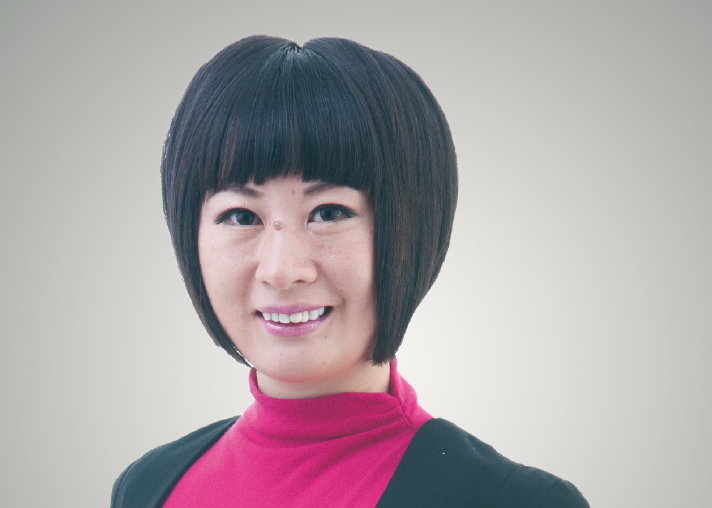Alibaba offers a digital framework for the masses
Alibaba’s Uni Marketing suite promotes freedom of consumerism, brings major agencies on board.
by Staff Writer

Sign In
Trouble signing in?
